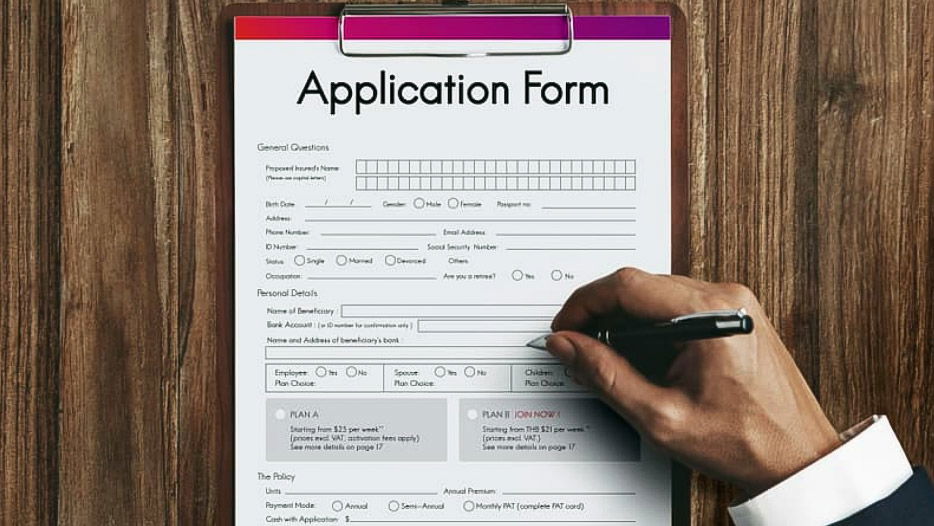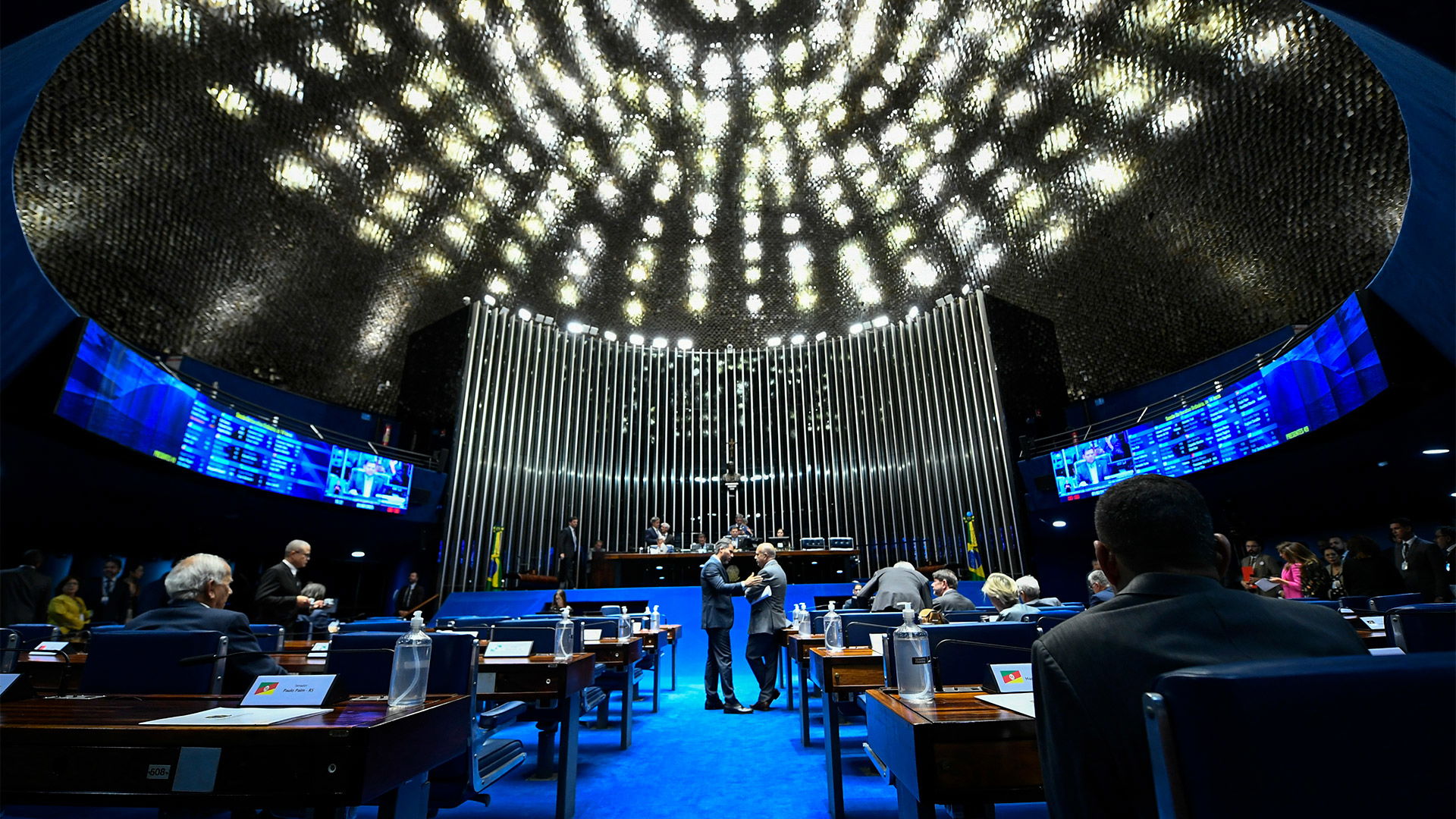How to get a gambling license in Europe: Our German experience

Given the incredible growth of iGaming in recent decades, it’s understandable if new generations of entrepreneurs decided to start online casino businesses. Gambling laws and regulations vary widely from one country to another. Therefore, operators wishing to provide gambling services must understand their jurisdiction's requirements. Gambling law in Germany, the country with the third-largest gambling market in Europe, has recently seen significant changes. With the legalization of online gambling in 2021, more businesses are applying for a gaming license. Stick around and learn all you need to know about their licensing process.
Joint Gambling Authority of the States (GGL)
The absence of a regulated online gambling market in Germany opened its consumers to a number of exploits. Locals flocked to offshore operators without a clear understanding of what they were in for. To protect players from bad actors, experts from Gamblizard DE reviewed a plethora of sites in search of safe and competitive bonus offers. This way, gamblers can save themselves the hassle of looking for a reputable platform. From deposit bonuses to free spins, they can find a good bonus deal within minutes.
However, gaming options will expand soon, and local brands will start to appear on review lists. On July 1, 2021, the new State Treaty on Gambling came into force. This document effectively legalized online gambling in all 16 states. That day, Gemeinsame Glücksspielbehörde der Länder (GGL) was established. However, regulation remained the responsibility of the previous five regulators until January 2023.
Today, the GGL is the central regulatory entity for most online gambling activities. It licenses and oversees businesses wishing to offer online slots, poker, and sports betting. Based on the gambling products they wish to offer, operators may need to apply for more than one license. These include:
It’s also important to note that licensing is a two-part process. Firstly, potential operators need to apply for an organizer’s license/ s. Secondly, licensees have to apply for individual game/ betting market permits. As the GGL CEO, Ronald Benter, explained, some games fail to meet the standards. For instance, a game with only English instructions wouldn't qualify for a permit.
State Laws
According to Section 22c of the State Treaty on Gambling 2021, the GGL isn’t responsible for granting licenses for online casino games like roulette, blackjack, and baccarat. Instead, this power goes to each of Germany’s 16 regional regulatory authorities.
They may grant as many licenses as there are land-based casinos in the state. Or, they can reserve this right for state-run entities. So far, Schleswig Holstein has awarded four online casino table game licenses. Nordrhein-Westfalen is still to grant it to five operators. Regulators that pass similar legislation must reveal the details of the application process.
Land-based casinos, in-person poker, and betting shops are also regulated at the state level. Therefore, each Ministry/ Senate of the Interior is, in general, responsible for licensing. Additionally, it's important to note that operators cannot provide both casino games and sports bets.
How to submit an application
Applications for permits to offer a certain gambling product can be found on the GGL website. Specifically, they are located in the ‘Download area/ forms’. Operators can submit their application/s to GGL, Department 21, Hansering 15, 06108 Halle. They can also do it via their service portal or dedicated mailbox:
- Online slots license: [email protected].
- Online poker license: [email protected].
- Online sports betting license: [email protected]
- Online horse betting license: [email protected]

Requirements for applicants
The application process sets out specific criteria businesses have to meet to qualify for a license. This authority issues gaming licenses to non-German operators as well. The only requirement is that they have a registered office in a member state of the EU or a state party to the AEE.
Wherever applicants are from, they need to prove their financial stability. This includes an unlimited, immediately enforceable bank guarantee of at least €5M. However, the GGL may increase it to €50M based on the expected average monthly turnover. The document should be issued by a credit union with its headquarters in the EU or a state party to the AEE.
Additionally, operators and their staff must demonstrate skill in running a gambling business. For this, the GGL could require operational records, background checks, and such. Applicants are also required to implement different responsible gambling measures. Their report must include protocols like deposit limits, self-exclusion, and other tools.
As part of its responsible gambling agenda, the GGL heavily regulates marketing strategies. Therefore, companies have to limit their advertising content. In addition, they must adhere to guidelines that avoid targeting vulnerable persons. Applicants must guarantee a safe environment in every sense of the word. For this reason, the regulator checks their AML and player data protection protocols.
Lastly, applicants need to take care of the licensing costs, starting with a non-refundable application fee. Its amount varies from one type of license to the other and depends on the complexity of the license. The maximum is €185,000 plus a percentage of the stakes. They also have to contribute to an annual supervisory fee. In general, it is calculated as a percentage of the GGR (gross gaming revenue). The initial license is valid for five years and the next for seven.
















